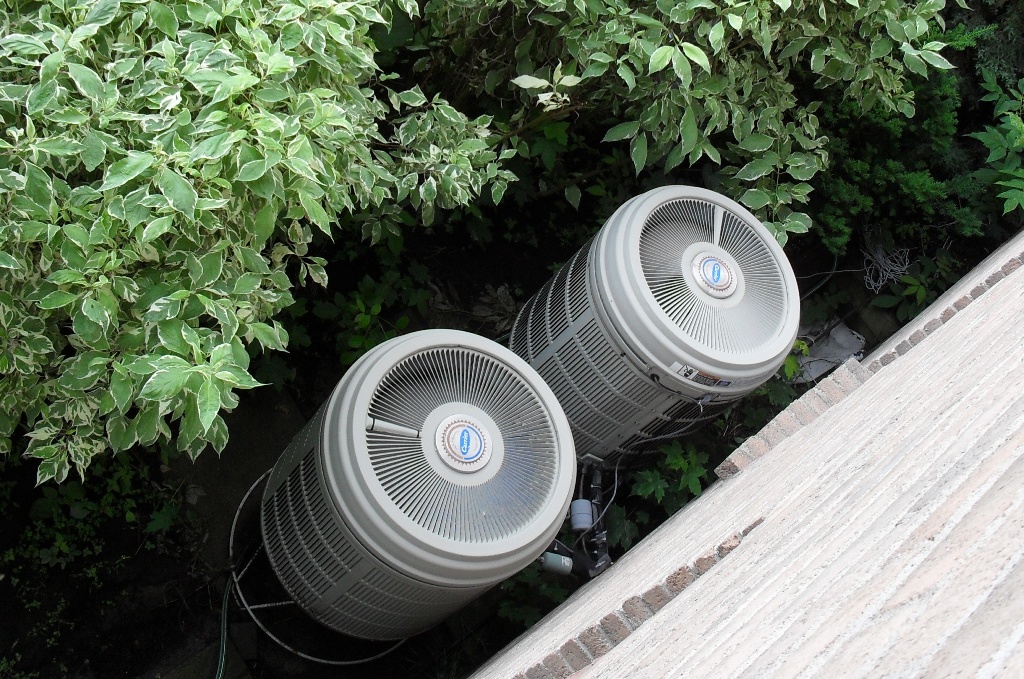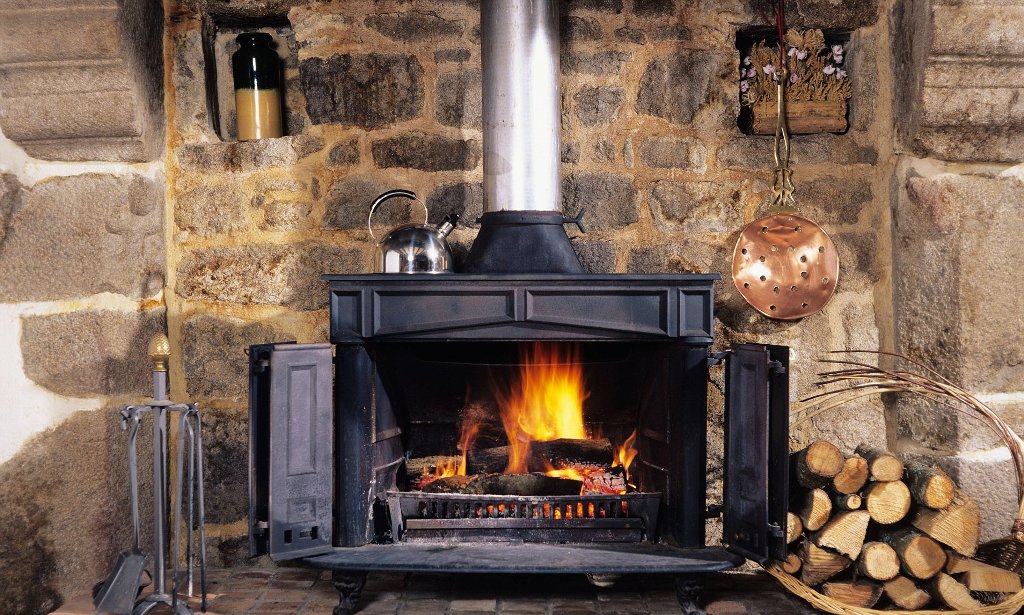It is not an overstatement to say that the way we heat our homes is hurting our planet and if we do not make significant changes soon, we will not be able to save it. Home heating also accounts for most of our household energy bills, so it is not surprising that so many homeowners are making the switch to a renewable heating system. Renewable heating systems produce minimal carbon emissions and have much lower running costs than traditional heating systems. If you are considering swapping your gas or oil boiler for a more environmentally friendly system, here is an introduction to the most popular renewable heating systems.
Heat pumps

There are several types of heat pumps, but the two most installed in domestic settings are air source heat pumps and ground source heat pumps. An air source heat pump looks a lot like a conditioning unit and sits outside the home where it takes in air. The system extracts natural heat from the air, compresses it and uses it to heat water in a cylinder which can then be used in the home. Ground source heat pumps work on the same principle, but they extract heat from underground via a network of tubes rather than the air. Some heat pumps can be used for heating in the winter and air conditioning in the summer. Heat pumps use a small amount of electricity to operate but produce 3-4 times more energy than they use making them highly efficient. Heat pumps do not produce any carbon when they are operating and can work in temperatures as low as -20.
Solar thermal panels
Solar thermal panels are installed on the roof of a property, but while solar PV panels use sunlight to produce electricity, solar thermal panels use sunlight to heat water. The panels are made up of tubes of fluid which absorb the sun’s energy and transfer it to a cylinder in the home. The sunlight is free, of course, which means there are no running costs with a solar thermal system. They are also very easy to maintain as they only need occasional cleaning. It is important to consider how much sunlight you get in your area, as this will affect how much hot water they can produce. To find out if a solar thermal system could be effective for your home, get in touch with a solar thermal company in Perth.
Biomass boilers or stoves

A biomass boiler is fuelled by biomass. In domestic boilers this is usually wood chips, wood pellets, or logs, but biomass can also include food and animal waste. Biomass boilers burn their fuel, producing heat which is transferred to a hot water cylinder. A biomass stove will produce enough heat for the room it is in, but a boiler can produce enough hot water for a whole property. Biomass boilers are known as carbon neutral, as they do produce carbon when the wood is burned, but only as much as the tree absorbed while it was growing, so they do not increase the level of carbon in the atmosphere. Biomass boilers are much larger than gas and oil boilers, the fuel needs to be delivered regularly and stored somewhere on the property.
Choosing a renewable heating system
There are many advantages to embracing a renewable heating technology, the most compelling being the reduced running costs and smaller carbon footprint. However, choosing the right system for your home requires consideration, as not all systems will be suitable for every type of property. It is always best to seek professional advice to ensure that the heating system you install will be effective and efficient.






